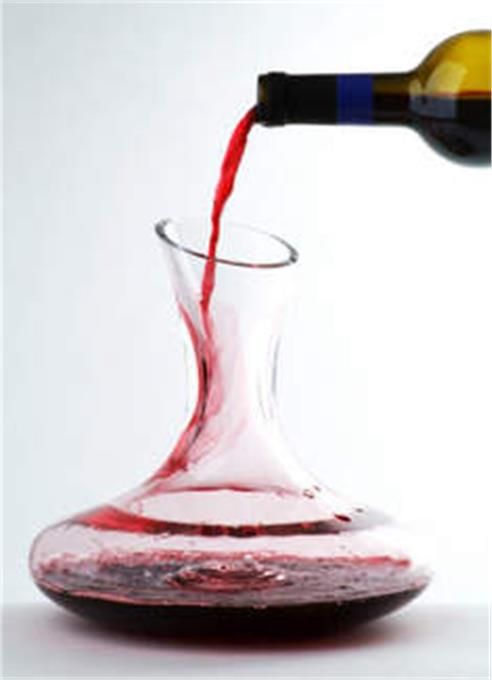What Happens To Wine As It Ages?
Simply put, aging alters the color and taste of wine. Technically speaking, wine aging is the process of wine chemically combining with oxygen to create byproducts and alter the composition of the wine.
What happens to wine as it ages?
Results of wine aging are:
- Acid becomes softer
- Aromas become stronger
- Tannin falls out of red wines
- Color pigment falls out of red wines
- White wines get darker
- Sugar in white wines caramelize
Note that sediment in an aged red wine is the collection of tannins and pigments that have chemically combined with oxygen and have “fallen out” of the wine.
Even sealed wine comes into contact with oxygen
So, how does oxygen come into contact with wine residing in a sealed bottle? There is oxygen in the air that is trapped between the wine and the cork that is sealing the wine bottle. Corks are not absolutely impermeable. Aging corks may shrink, disrupting the seal and allowing external air to enter the bottle.
The size of the wine bottle affects the degree of wine aging
Because oxidization is a chemical reaction requiring two substances (oxygen and wine) in fixed proportions, the amount of air trapped in a sealed bottle of wine relative to the amount of wine in the bottle influences the amount of oxidization that occurs. So, wine in a large bottle, such as a magnum or jeroboam bottle, will oxidize less than will wine in a 750 ml bottle.
The older the wine, the more it has oxidized
The more exposure wine has to oxygen, where more passage of time usually results in more exposure, the more the wine will oxidize.
If too much oxidization occurs, the wine’s chemical composition will so change as to render the wine undesirable. That is why wine should not be cellared beyond a certain number of years.
Decant both young wines and old wines (for different reasons)
The phenomenon of wine oxidization is why we decant wines.
A young wine should be decanted to aerate (i.e., slightly “age”) it. Decanters used with young wines should have large "bowls" at the base in order to provide maximum surface area contact between the decanted wine and surrounding air.
An older wine should be decanted to separate sediment from the wine – carefully pour the wine into the decanter, leaving the sediment in the bottle. Decanters used with old wines need not have large bowls at the base, as there is little advantage to further oxidizing an older wine.
"Simply put, aging alters the color and taste of wine."



